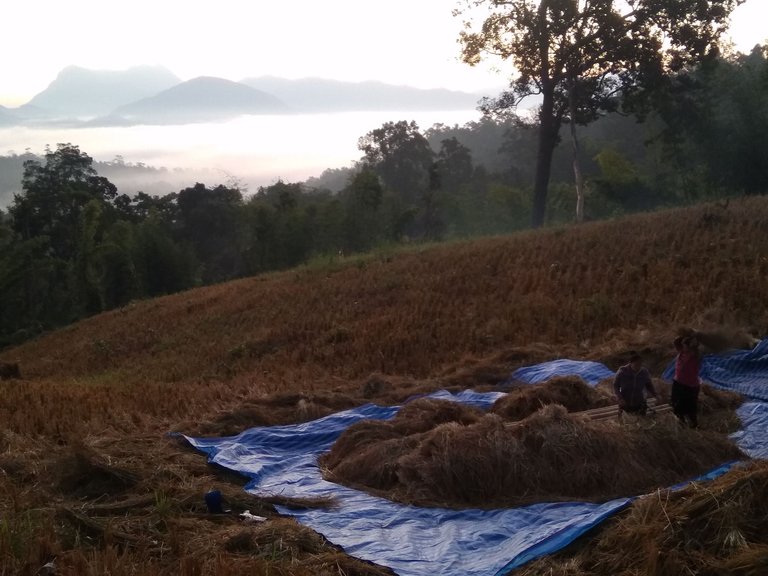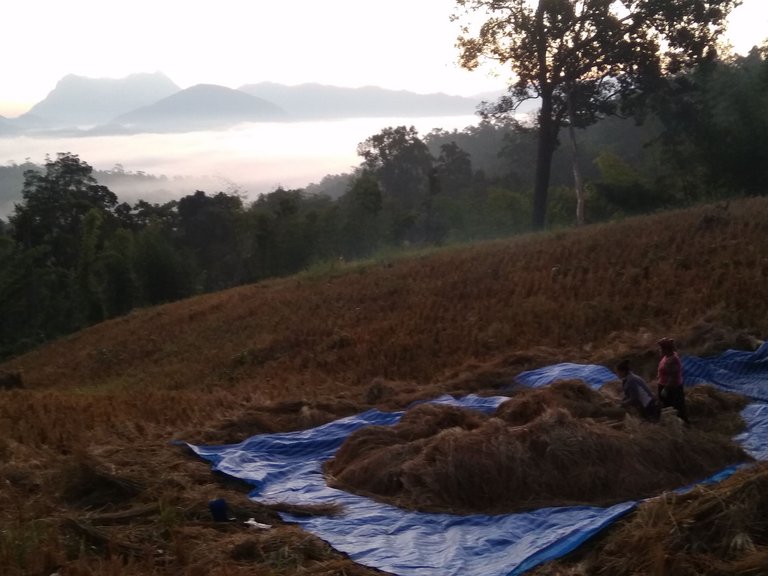Implications of children abuses are common in buddhism like in most religions why?











Child abuse is a deeply concerning issue, and it is not specific to any one religion, including Buddhism. It is a problem that can occur within religious and secular communities worldwide. It's important to address this issue with sensitivity and understanding while emphasizing that the actions of a few individuals or groups do not represent the beliefs or practices of an entire religious tradition.
Here are some factors to consider when discussing child abuse within religious contexts, including Buddhism:
Universal Problem:
Child abuse is not confined to any particular religion. It occurs across religious boundaries and in secular contexts as well. It is a societal issue that needs to be addressed comprehensively.
Misuse of Authority:
In some cases, individuals in positions of authority within religious organizations may exploit their power and trust to engage in abusive behavior. This can happen in any religious group.
Lack of Oversight:
Some religious organizations may lack proper mechanisms for reporting and addressing abuse. This can allow abusive behavior to go unchecked.
Secrecy and Stigma:
Victims of child abuse may face pressure to remain silent due to social stigma or fear of repercussions. This can contribute to the underreporting of abuse within religious communities.
Diversity of Buddhism:
Buddhism is a diverse tradition with different schools, sects, and cultural expressions. Practices and attitudes regarding child welfare can vary among these different Buddhist communities.
Commitment to Ethics:
Many Buddhist traditions emphasize ethical conduct, compassion, and non-harm. Prominent Buddhist leaders and organizations have spoken out against child abuse and advocated for the protection of children.
Education and Awareness:
Efforts are being made within religious communities to raise awareness about child abuse, implement safeguarding measures, and provide education and training to clergy and members.
It's important to remember that child abuse is a violation of the law and a grave moral offense in any context. Efforts to prevent child abuse and support survivors should be a priority for religious and secular communities alike. Addressing child abuse requires cooperation between religious leaders, community members, law enforcement, and social services to ensure the safety and well-being of children.
While there have been instances of child abuse within various religious traditions, it is crucial to avoid making sweeping generalizations about any religion based on the actions of a few individuals or groups. Instead, the focus should be on promoting accountability, transparency, and the protection of vulnerable individuals within all communities.